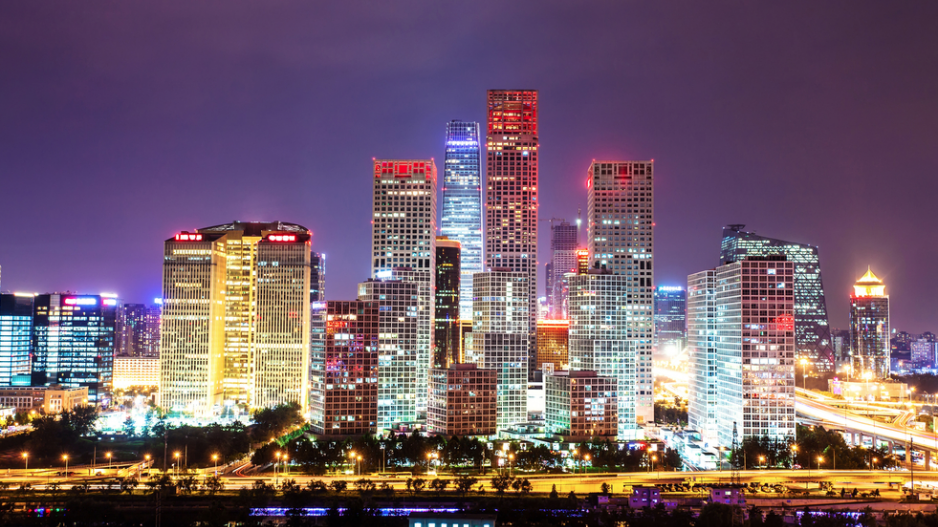Canada has made several missteps in its relationship with China and needs to make smarter policy and diplomatic decisions in the future, according to Canada’s former ambassador to China.
David Mulroney made the comments during the Vancouver launch for his book, Middle Power, Middle Kingdom:What Canada Needs to Know About China in the 21st Century, on March 31 at the University of British Columbia.
Mulroney has made waves for the chapter in the book that deals with real estate investment in Canadian cities like Vancouver. He wrote that he believes foreign investment in real estate has had an effect on price increases in Vancouver, and that policy makers need to study the issue further and look to countries like Australia for policy solutions.
“I think the debate about the impact on price and inflation in real estate is worth continuing,” Mulroney said. “It’s complicated by the fact that many of the people who are buying homes are residents of Canada, they’re in the process of becoming Canadians.”
Mulroney called immigrant investor programs “inherently flawed,” saying they make immigration about money rather than people.
“Immigration should start with people and think about who wants to come to Canada, why, and how we can welcome them,” he said.
Canada’s initial immigrant investor program, which required applicants with a minimum net worth of $1.6 million to loan Canada $800,000, attracted 36,973 immigrants to British Columbia, two-thirds of whom came from mainland China. The program has since been changed to allow only 50 applicants a year.
The likelihood that “hot” money is flowing from China into real estate in Metro Vancouver also needs to be taken seriously by governments and regulators, Mulroney said.
“China is the no. 1 exporter of hot money in the world,” Mulroney said. “There’s a significant problem with Chinese officials who are absconding with state funds.
 “We probably need to be more curious and we need to have a level of performance when it comes to enforcing financial transparency regulations.”
“We probably need to be more curious and we need to have a level of performance when it comes to enforcing financial transparency regulations.”
Financial transparency in the real estate sector is not as high as it is in the gaming sector, and that needs to change, he said.
Sectors like tourism and international education show the potential of building a relationship with China, but Mulroney criticized the Harper government for “going silent” after making headway through several visits to China from 2009 to 2012. Mulroney believes government leaders may have backed off based on indications of Canadian public sentiment on Asia, which polls conducted by Asia Pacific Foundation (APF) have found to be consistently tepid.
“A decreasing number of Canadians believe we’re an Asia Pacific nation, and only about 10% have warm feelings for China,” Mulroney said of APF’s latest poll.
“It’s not unreasonable for people to be ambivalent as the world changes… But whether it’s the role of the government to track public opinion and duck down and go silent when they sense that ambivalence, or actually get out there and have a dialogue with Canadians about what’s important, that is what’s at stake.”
The Canadian government’s current lack of focus on China also extends to the potential role of the Canadian military in the Asia Pacific region, Mulroney said, citing the example of the HMCS Protecteur, a navy supply ship that had to be towed to Hawaii in March 2014 after an engine fire disabled the vessel.
Mulroney said he was surprised at the scant interest and little media attention the event generated, given that Protecteur supplies Canadian frigates stationed in Asia.
“Any nation that claims to have an Asia Pacific policy needs to have an Asia-capable navy,” Mulroney said. “That would have been a big story in Australia, but it got passed over with little notice in Canada.”
@jenstden




